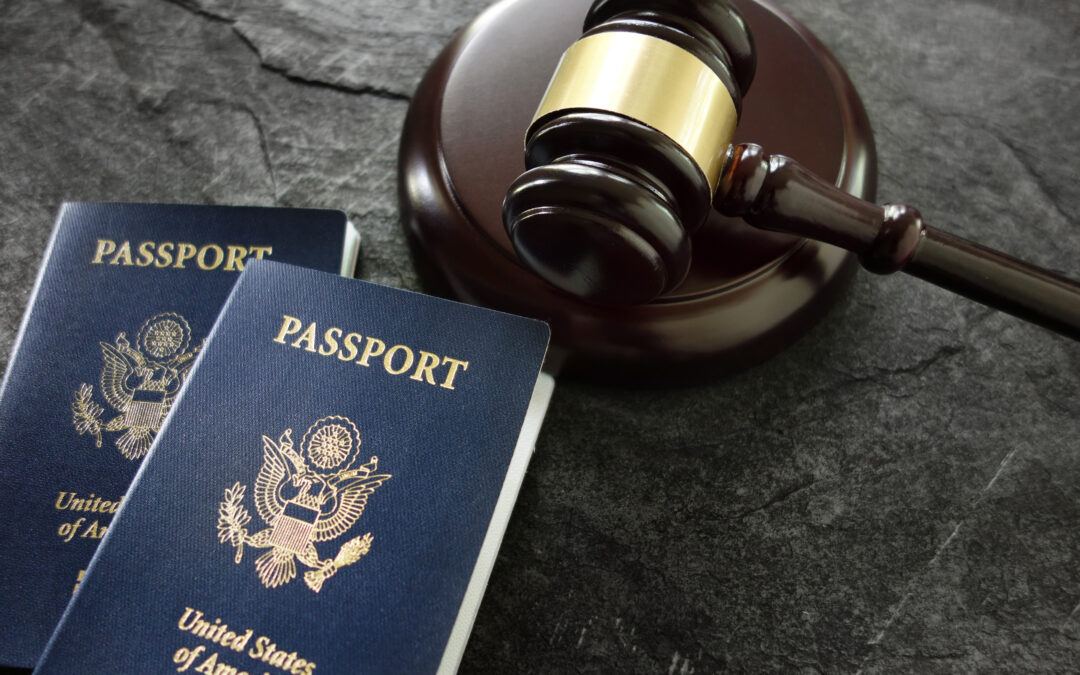Under the current political administration, naturalization, the process of becoming an American citizen is taking quite a bit longer than it has in the recent past. The path to American Citizenship has certain challenges including the burgeoning processing times, delays (some due to COVID), and rising filing fees among others.
Only people who are over the age of 18 and have been a permanent resident for at least five years (or three years if they are married to a US citizen) are eligible to naturalize. Once they file a naturalization application, they can expect to wait another 8.8 months on average before they become a citizen. According to the latest USCIS data available. This wait time has seen an increase of more than 50 percent after Trump took office. In some areas, such as Seattle and Miami, wait times can exceed two years.
Recently, US Citizenship and Immigration Services (USCIS), is also grappling with a budget crisis amid the coronavirus pandemic and struggling to keep up with the naturalization backlog. And on top of that, in current times, more than 300,000 petitions are in the pipeline for the naturalization backlog. The Trump administration has made it harder to naturalize and has been following extreme vetting, and as a result, USCIS has increased its scrutiny of all immigration What is Ativan? applications on the premise of rooting out fraud. Collectively, the pandemic and USCIS’s budget crisis have delayed naturalizations.
The cost of becoming a US citizen remains a big barrier to many of the roughly 9.2 million immigrants living in the US who are eligible to naturalize. The fees for online naturalization applications have already risen considerably in recent years, from $330 in 2006 to $640 in 2016. The fees will jump to $1,160 beginning October 2, at which point USCIS will also eliminate most fee waivers for people who cannot afford the cost.
According to USCIS data, the agency has processed an average of about 12,000 citizenship applications per week since March 18, whereas, there were 70,000 naturalizations that are typically completed per month. USCIS’s ability to speed up naturalizations is hampered by its ongoing budget crisis. In May, the agency asked Congress for a $1.2 billion bailout and did not receive the same but the agency took its own action. The agency now projects it will have enough funds to remain operable through October and will avoid the furlough.
Related Blogs: https://emandilaw.com/h1b-denials-continue-to-rise-under-the-trump-administration/
For recent immigration law news and updates, stay tuned to Emandi Law Firm. Feel free to reach out with questions at [email protected] or visit www.emandilaw.com

